We all pay a steep emotional price for the benefits we obtain from our capitalist system.

A dog-eat-dog world
Modern economic theory tells us that each person acting through their own selfish desire animates the “invisible hand” of the market. Apparently, this is considered a good thing.
Economists would have us believe that nobody acts out of kindness or the desire to help others, or their actions are so small and insignificant that their activities can be ignored.
All goodness occurs either by chance or because collective selfish behavior somehow produces a desirable end state—at least for the most greedy and powerful.
Whenever anyone challenges these assumptions, they are roundly criticized as foolish idealists, ignorant fools, or losers who can’t compete. Capitalism is portrayed as the only alternative, an attitude eagerly embraced by those who believe they benefit from the system more than others.
The Decline of Organized Labor Power
Karl Marx and Friedrich Engels wrote the Communist Manifesto that outlined the goals of organized labor in its fight against the interests of exploitative capitalists. Even now, almost two centuries later, the interests of those who provide money are still at odds with those who provide labor.
Up through the 1970s in many parts of the world, organized labor was a dominant political force, and increases in productivity were more evenly distributed between labor and capital. Labor won many political battles, and most of the laws that still exist to protect labor came from this era.

As organized labor’s power declined, the interests of capital gained the upper hand, and over the last 40 years or more, workers have endured the slow erosion of rights and privileges gained in the previous era.
The result of this decline in labor power has been an increased stress endured by labor at all levels.
The Stress of Capitalism on Labor
Capitalists want a desperate workforce willing to provide labor at subsistence levels. Further, capitalists want laborers to feel a sense of gratitude toward the capitalists who exploit them, as if any job is better than no job.
If a potential worker believes they must take a job at whatever pay is available or face starvation and homelessness, they will feel a sense of desperation—and the stress that goes along with it.
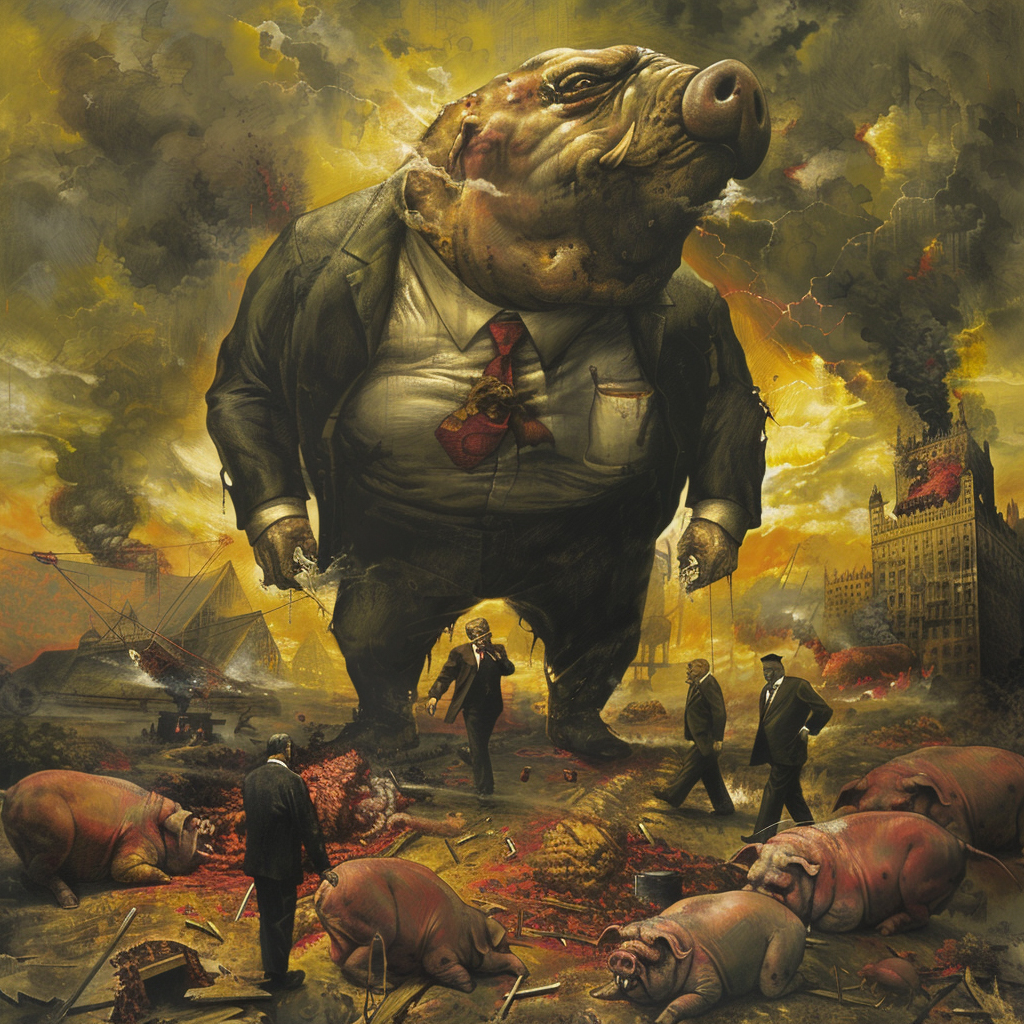
A desperate labor pool benefits the capitalist in two ways. First, capitalists obtain labor at the lowest possible cost. Second, capitalists won’t be required to pay for social safety nets through taxation or inflation (diminishment of the value of their wealth).
Therefore, social safety nets that would alleviate the stress of workers by removing their fears of starvation or homelessness are universally opposed by capitalists, irrespective of the emotional price paid by workers.
Capitalism and compassion are completely incompatible.
Ordinarily, our political system would provide a check and balance on the interests of capitalists, and their cold-hearted compassionless avarice would be offset by a unified labor vote opposing them. That system no longer functions in the United States as the working class now tends to vote with capitalists.
High Wages Don’t Relieve Stress
Many studies have shown that working for less than a subsistence wage causes significant stress, which shouldn’t be surprising. Who would feel peaceful about working long hours and failing to make enough money to provide adequate food or shelter?
Historically, these studies showed that happiness increases up to the point of subsistence, but then flatlines after that. Higher income doesn’t tend to make people any happier. Why is that?
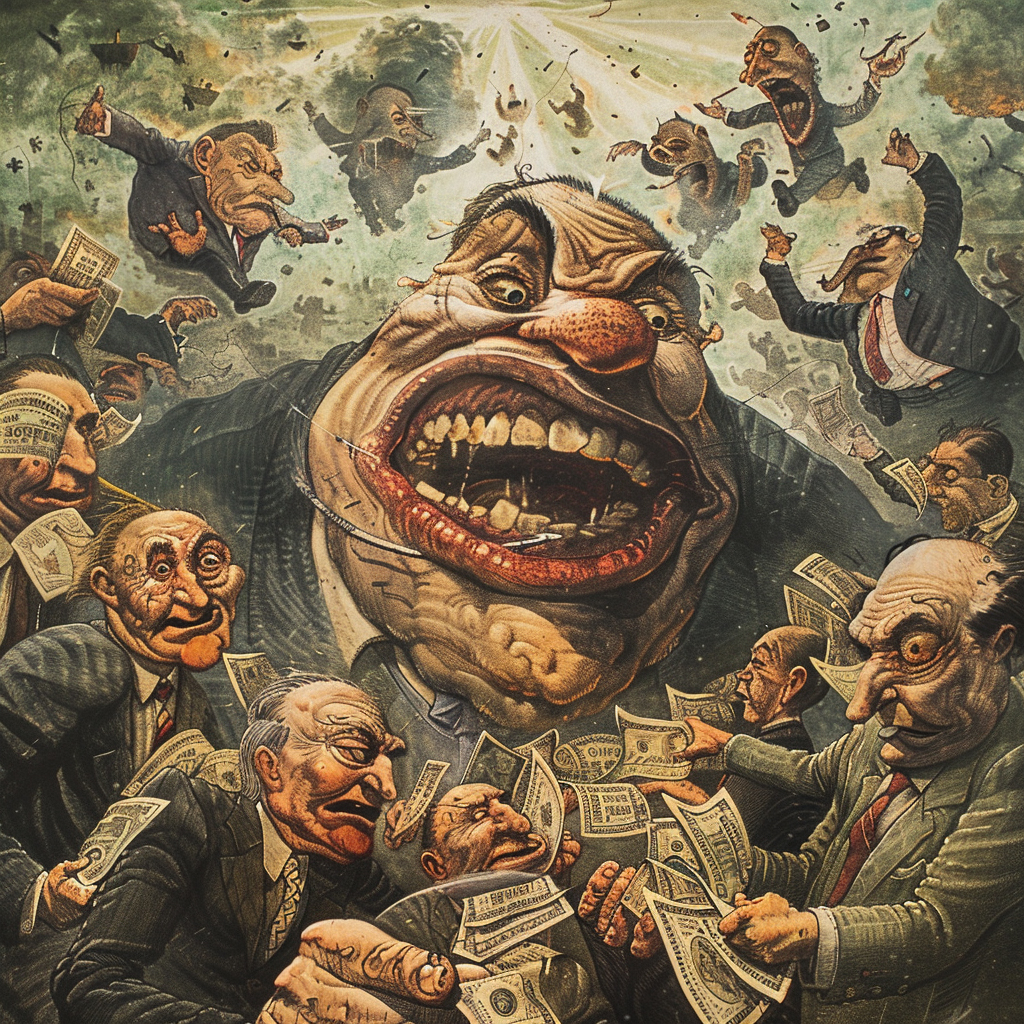
It’s basic human nature to chase after scarce resources. When pursuing basic needs which are lacked, that pursuit is life-and-death, so the stress is a necessary motivator. But as soon as someone obtains the resources they need for survival, or luxury for that matter, they immediately begin to worry about losing them.
In a capitalist system, nothing is assured. There is no entitlement. Whatever someone has they only get to keep as long as they keep working. The fear of losing what they have is palpable because it’s real.
The Least Stressed and Happiest Societies
As one might expect, the societies that consistently rank the best for low stress and higher levels of happiness are those with robust social safety nets. When a job loss will lead to starvation, homelessness and a lack of healthcare, workers are stressed; however, when adequate food, shelter, and healthcare is assured, stress levels decline.
It’s not complicated. Of course, capitalists don’t want to pay for social safety nets, and they want a desperate workforce, so every effort is made to resist them, most notably a nonstop propaganda campaign on right-wind media that demonizes all social safety nets.
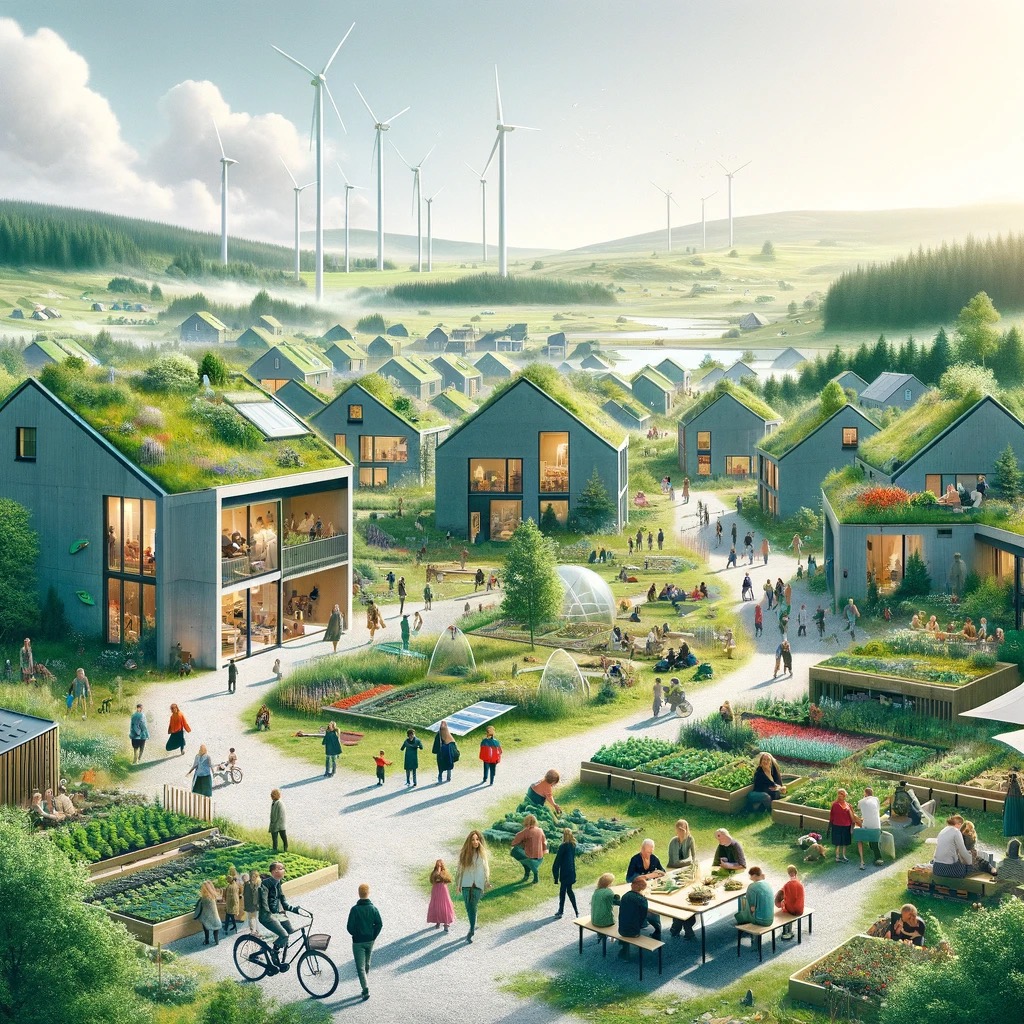
The World Happiness Report evaluates societal happiness. The countries that consistently rank high in happiness and presumably lower in stress levels include:
- Finland – Often ranked at the top due to its high levels of social support, trust in government, and personal freedom.
- Denmark – Known for its strong sense of community, low levels of corruption, and high standard of living.
- Switzerland – Scores high in health, economic stability, and community support.
- Iceland – Has a strong social network and a high sense of community, even in remote areas.
- Netherlands – Features a good balance between work and life, high levels of personal freedom, and supportive social networks.
- Norway – Known for its high income levels, social security, and environmental quality.
- Sweden – Scores well in terms of public services, environmental quality, and social support.
- Luxembourg – Offers a high standard of living, strong social security, and a stable economy.
- New Zealand – Praised for its sense of community, environmental beauty, and relatively low levels of stress.
- Austria – Features high levels of well-being, good healthcare, and environmental quality.
These rankings can vary slightly depending on the source and the specific criteria used for measurement. The one common denominator in the last above is the strength of their social safety nets.
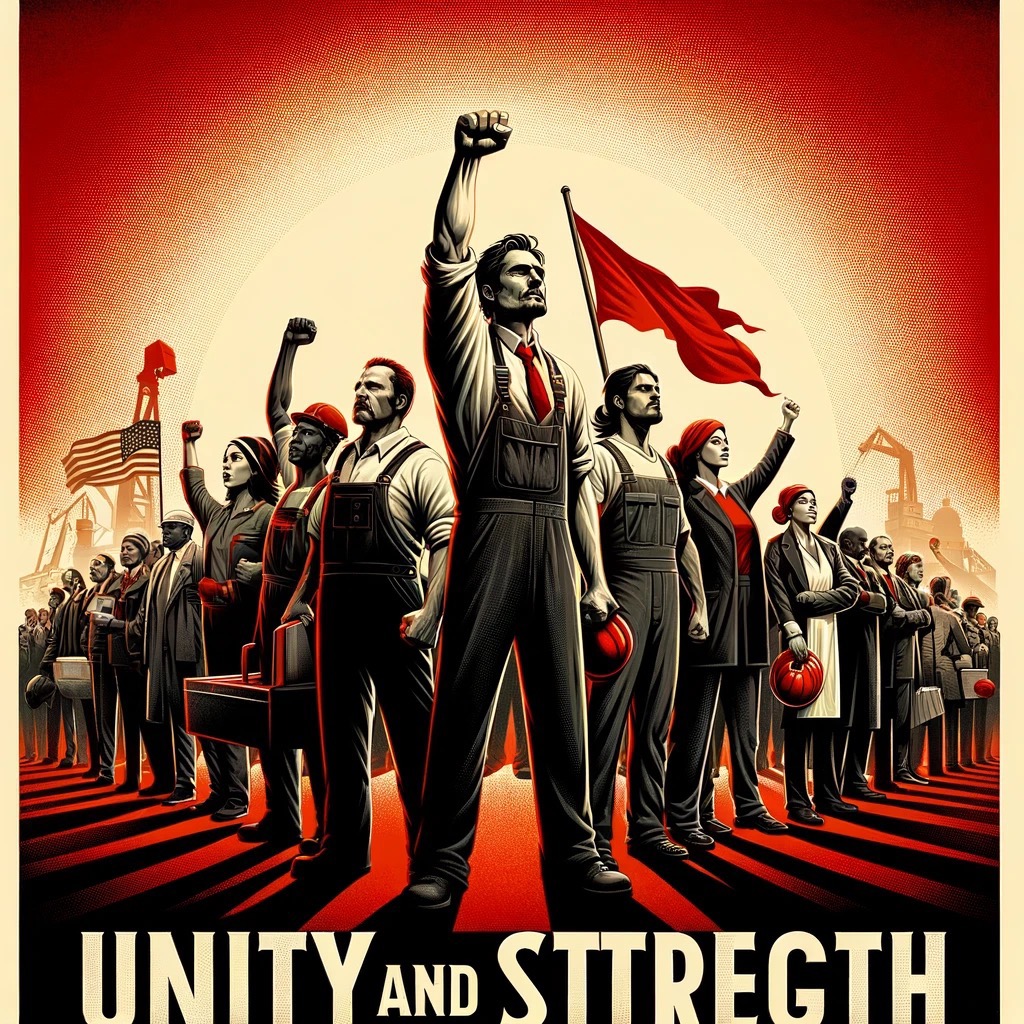
A Personal Journey
When I was just starting out in my career, I eagerly embraced right-wing rhetoric on personal responsibility and the virtue of hard work and competition. As I encountered situations where I needed to make decisions and undertake actions that benefitted the organization and its capitalist backers at the expense of others, I became disenchanted.
The first time I was called upon to fire someone, I knew the hardship it was going to cause them. It was emotionally difficult. I rationalized to myself that they will be better off in the long run, but given the lack of social safety nets, the short term was going to be brutal.
When faced with ethical dilemmas I was forced to choose between doing what I believed was right and feeding my family. Over the years, making difficult management decisions took its toll.
When my son was diagnosed with autism, my wife needed to stay at home to care for him, and for many years, we obtained no State aid. The responsibility for my family rested solely with me, and I had had lost employment for any extended period of time, my family would have become homeless and destitute in short order.
During the 2008 financial crisis, my industry was hit particularly hard. From 2007 to 2010, I had three jobs that were eliminated. Nobody was hired to replace me. Each time, I faced an existential threat to my family with no social safety net to provide any assistance or comfort. It was very stressful.
I managed to start an entrepreneurial enterprise that enabled me to make some fortuitous investments. In some regard, I lived the capitalist dream, pulling myself up by my own bootstraps. However, the emotional price I paid was enormous. If I hadn’t gotten lucky, I might not have survived.
What I Felt When I Won the Lottery

I won the lottery… sort of. I unexpectedly received a large monthly annuity that will comfortably support my family for life.
A Post Capitalist Perspective
On an individual basis, I no longer feel the stress of our capitalist system. Between my investments and State aid, I now have the same financial security that every citizen of the European Socialist countries outlined above enjoys from birth.
Now that I no longer face the fear of destitution for myself and my family, I can attest to the fact that alleviating that stress is life changing.
One of the justifications that capitalists rely on to oppose social safety nets is that workers won’t have an incentive to work. That’s not the case.
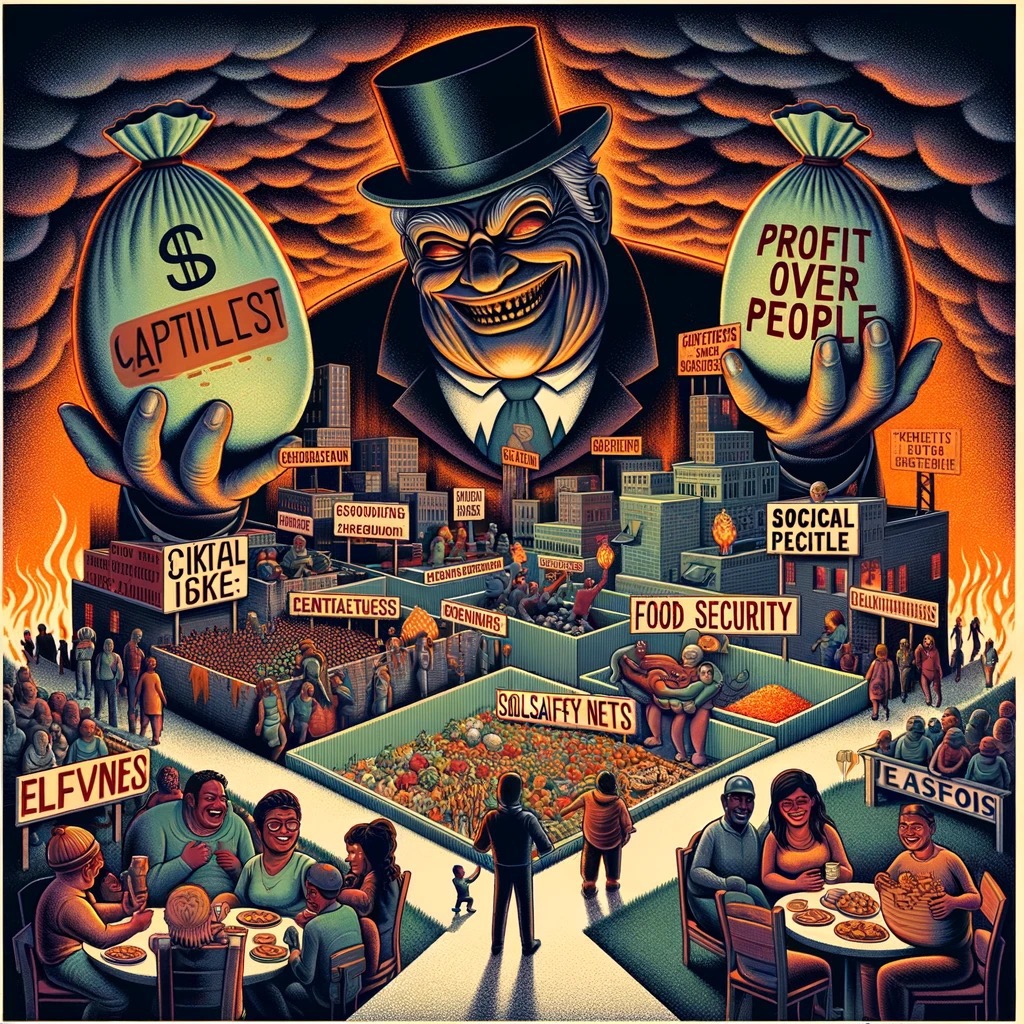
It is true that social safety nets remove the incentive to work for less, which is what capitalists really want. I still work, and I enjoy it much more now that I don’t have the stress associated with it.
Prior to labor unions, the nineteenth century capitalists made workers put in 60+ hours per week. Labor unions reduced the work week to 40 hours by the 1970s, but in the years since, many have opted to work many more hours just to get by.
Without the need to work, I do work fewer hours, spending more time with my family. When work is purely by choice, a four-day workweek provides a live-work balance that is far less stressful. The benefits of personal satisfaction, societal contribution, and having extra spending money is plenty of incentive to work.
I don’t believe our current capitalist system or ruthless labor exploitation is a good one. Perhaps it delivers goods and services more efficiently, but even that is debatable. It certainly does not deliver peace of mind or happiness that justifies a few more consumer goods or enriching a few billionaires.
I hope the next generation finds better alternatives. Right now, they face low wages, high prices for basic goods, extractive monopolies, and the likelihood that they will be worse off than their parents. It’s a recipe for dramatic change.
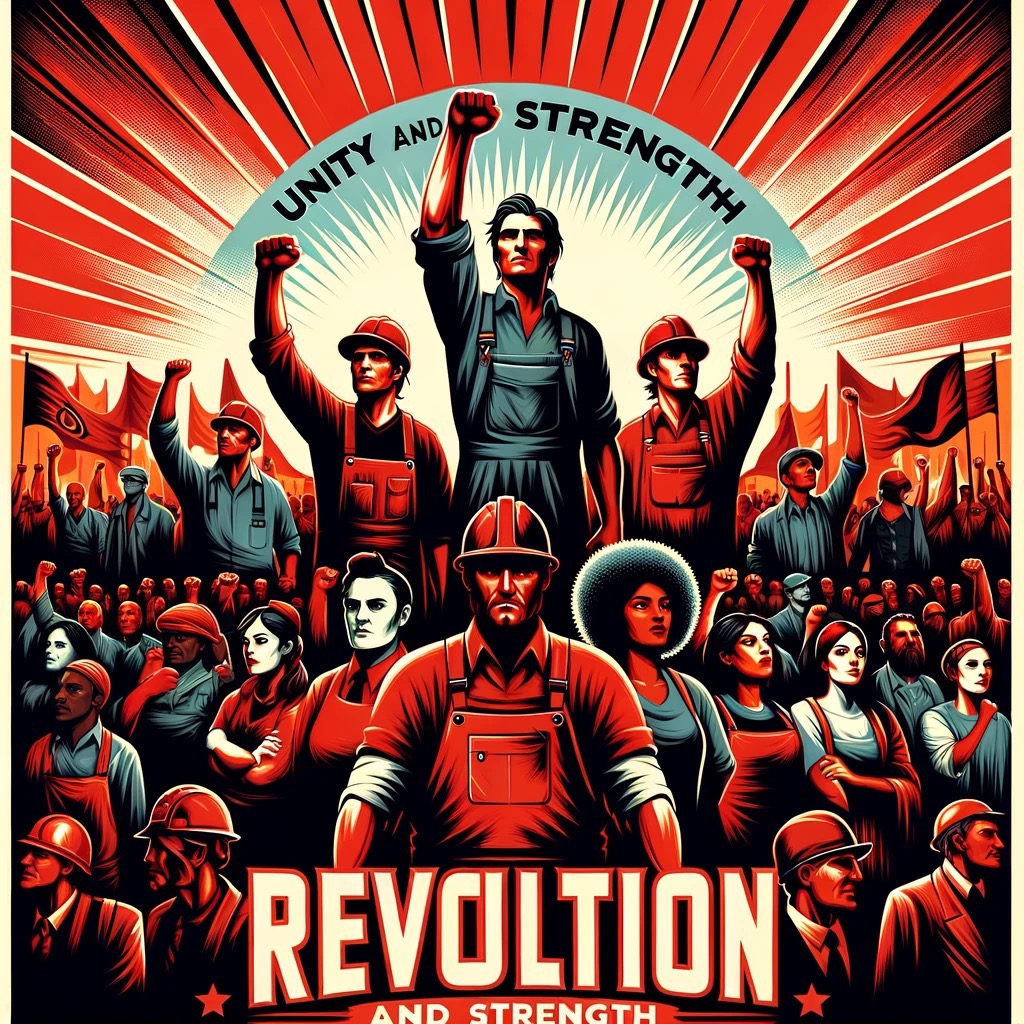
~~wink~~
Anatta
